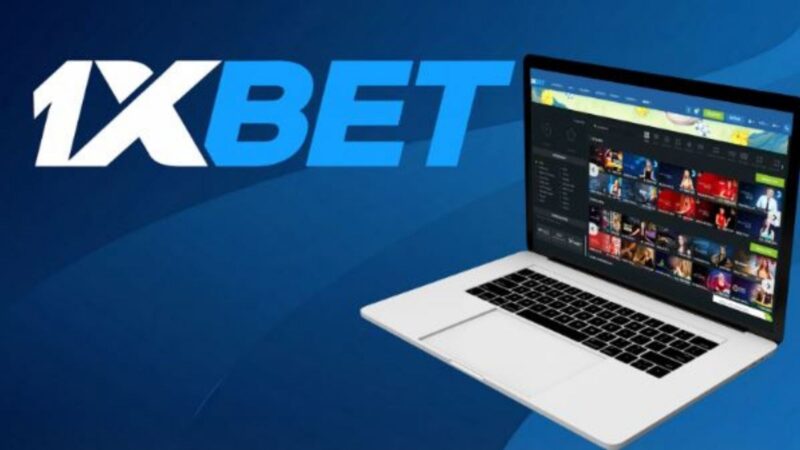
The online casino industry brought in over $92 billion globally in 2022. With so much money changing hands, questions naturally arise about how fair and transparent these sites really are. Unlike land-based casinos, which are heavily regulated, online sites, like PlayUZU Casino, operate in a murky area that leaves players vulnerable to getting fleeced without realizing it. So, how can you objectively evaluate if an online casino’s games are fair?
What “Fairness” Actually Means
When people ask if online casino games are fair, they usually mean if the stated rules and odds match up with how the games operate behind the scenes. However, others argue that the games themselves – slots, roulette, craps, etc. – are inherently stacked against players, so no casino can claim to be fully “fair.” We’ll set aside that philosophical debate for now and focus on what players can practically analyze when choosing a trustworthy site.
Stated Odds vs Actual Results
The most objective way to evaluate an online casino game is to record the statistically expected results based on the game’s stated odds over a large number of trials and then compare those expected percentages to the actual observed results.

Of course, this requires deep knowledge of statistics and access to a site’s historical data.
However, by law, online casinos must publish the house edge or expected return-to-player percentages (RTP) for all their games. So, a good starting point is to verify that their real payouts align closely with the odds stated over time.
Information Accessibility
Reputable sites realize transparency is key for player trust. That means publishing not just their games’ RTP percentages but also technical documentation detailing how software calculations work behind the scenes, as well as allowing independent audits of their systems. Truly fair sites have nothing to hide. They give players the information needed to understand the relevant statistical testing methodology and confirm the systems are behaving fairly on their own.
Red Flags that Rigged Games Lurk
While positive signs like transparency and independent oversight are ideal, most players lack the expertise to audit technical documentation or analyze statistical testing methodology.

So, what are some red flags to watch out for when assessing an online casino?
| Red Flag | Potential Sign of Unfair Games |
| Only vague statements about “certified fair games”, but no transparency into the certification methodology or auditing details | Site wants you to trust without verifying |
| Changing terms and conditions without notifying players | Quietly adjusted rules to increase house edge |
| Extremely fast gameplay and quick betting | Less time to make informed decisions |
| Complex betting features and confusing terminology | More ways to make costly novice mistakes |
While not definitive proof, these shortcuts should give pause about putting money into games that may quietly disadvantage players without their knowledge.
Auditing for Fairness Requires Effort
Responsible sites realize that operating legally and transparently builds player trust in the long run. However, many online casinos still compete primarily in offering the flashiest gameplay and most bonuses to attract customers rather than championing fairness. Assessing if their games honestly align with published odds requires proactive effort from players.
Comparing sites on transparency, oversight, visible information accessibility, and other trustworthiness signs takes time and diligence. But putting in that work means you can enjoy games confident the outcomes depend on luck, not willful deceit. Only by being an informed player can you ensure fair bets that pay what they rightfully owe.










